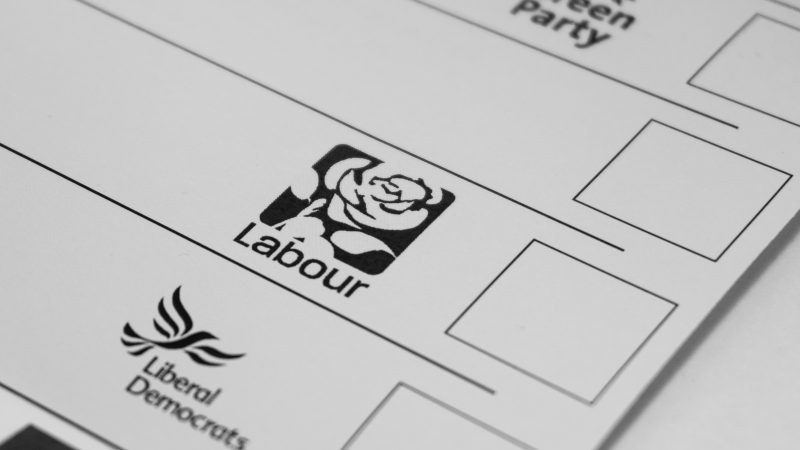
Australian Labor PM Paul Keating used to say that good policy is good politics. Since UK Labour’s battering by the electorate in 2019, the comfort blanket policy for many is a resurgence of enthusiasm for proportional representation – which is both bad policy and bad politics.
PR is not only a bad electoral system. Obsessing over it makes us look like losers in the eyes of the electorate because it signals that we believe we can’t win under first-past-the-post (FPTP). Fundamentally, it is avoiding the tough choices necessary for Labour to realign with the electorate. It also doesn’t actually help the Labour Party in practical terms. It hands power and resources to our rivals and fringe groups.
Most crucially, PR talk distracts from actually getting to a Labour government. The Tories clearly aren’t going to change the electoral system, so we need to focus on winning under FPTP. Obsessing over changing the electoral system after a decisive referendum victory for FPTP will actively hinder us.
My previous article for LabourList, calling on the party to drop its obsession with constitutional issues, drew the expected outrage from the types of constitutional obsessives I thought it might. Since then, Compass’s Neal Lawson has repeated his usual talking points about the supposed necessity of a progressive alliance (in response to Labour leader Keir Starmer’s correct rejection of an alliance with the SNP) and my colleague Clive Lewis and a cross-party group of PR campaigners now claim that “a lack of democracy in the UK has led us to climate breakdown and a second gilded age of hoarded wealth and power”.
Though it is tempting to laugh at the comically hysterical nature of such a statement, ironically, the PR campaigners themselves are the opponents of democracy. They are trying to overturn the result of a democratic referendum. In 2011 – just a decade ago – the country voted overwhelmingly to maintain the FPTP electoral system. 68% of people voted to keep FPTP, while only ten places voted against it: six London boroughs, Oxford, Cambridge and the university constituencies in Glasgow and Edinburgh. The optics of campaigning to overturn the result of a referendum will inevitably lead to our opponents repeating the charge of us trying to overturn the result of the EU referendum.
However, opposing PR does actually matter for reasons beyond optics. It is a bad electoral system and more Labour figures should say so loudly rather than pander to noisy voices and try and ignore the issue. A general election should be about answering the fundamental question of who will govern the country. The empowerment of small and fringe parties under PR constrains the ability to govern. It becomes more like assembling a balanced panel on Question Time than an alternative government. Take a look at Israel, for example: it has a purely PR system, it has had four elections in two years, the current government relies on an unstable coalition and has a majority of one seat.
While the PR enthusiasts are gushing about the success of PR in the UK, I have a different view of history to them. The shift of the electoral system for the European Parliament away from FPTP gifted credibility, resources and seats to parties like the Lib Dems and Greens. Aside from handing over votes to our supposedly ‘progressive’ rivals, abandoning FPTP also gave a little-known group called UKIP their first ever major public office (and the resources that came with it). Empowering them has worked out well, hasn’t it?
Moreover, in Scotland, the decision to abandon FPTP for local council elections had similarly damaging consequences. We voluntarily surrendered our control of councils and gave an advantage to the SNP. How can we blame Aberdeen Labour councillors for seeking to form alliances in order to implement their manifesto pledges when the system requires them to do so?
The Labour Party’s purpose – as Clause I of our party clearly states – is to “promote the election of Labour Party representatives at all levels of the democratic process”. We shouldn’t therefore obsess over issues that detract from that very clear purpose. And we most definitely should stop handing over power and resources to our rivals with the hope that a theoretical ‘progressive’ majority against the Tories exists.
We need to win over people who voted Tory in previous elections in order to get into power – no amount of mental gymnastics and wishing it were otherwise will change that fact. Backing proportional representation is bad tactics, bad strategy and most importantly bad for Britain.




More from LabourList
‘Factionalism at the top is weakening Labour – and handing a gift to Reform’
‘Europe must stand strong on its own as US security guarantees grow conditional’
‘Tackling poverty should be the legacy of Keir Starmer’s government’